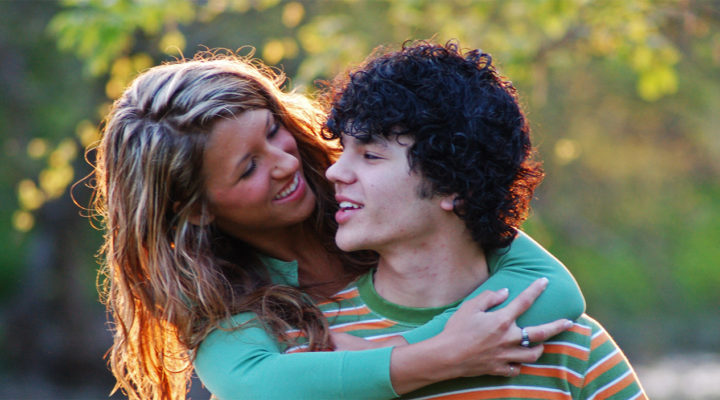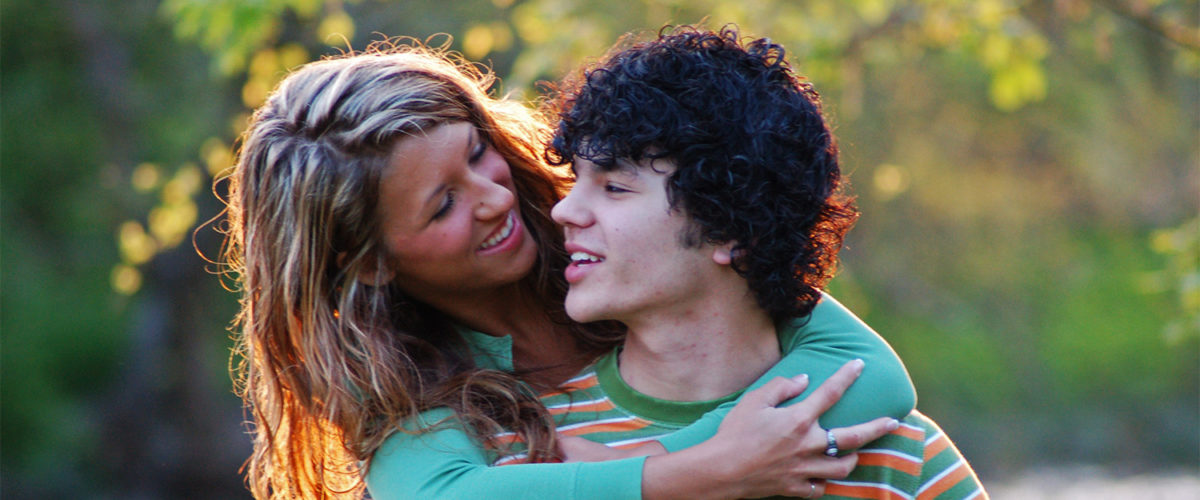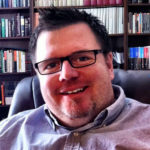The sexual assault scandal that exploded at Baylor University last week has generated waves of heartbreak, disbelief and outrage.
And now add theological reflection to the litany of responses.
“For me this underscores the depth of human sin and that it’s not just ‘bad people’” that commit sexual assault, said Stacy Nowell, a Baylor graduate and senior pastor of First Baptist Church in Huntersville, N.C.
“The stories are that Baylor didn’t respond appropriately. My question is why is sexual assault happening?”
Nowell is alone neither in her frustration about Baylor nor in her yearning for a spiritual solution to the tragic problem of sexual assault — on campuses and elsewhere.
“That should be the goal of the faith community — to redeem humanity,” she said.
Bracing for more
But for many, just redeeming Baylor would be considered an achievement.
An investigation commissioned by the university found that sexual assault accusations against football players were ignored or sometimes harshly rejected.
So far the fallout has included the firing of head football coach Art Briles and the demotion of Kenneth Starr from president to professor, though he retains the title of chancellor.
But it has also sown deep distrust, including among Baylor alums like 2000 graduate Laura Seay.
Now an assistant professor of government at Colby College in Waterville, Maine, Seay said she began hearing disturbing rumors about sexual assault at Baylor more than a year ago. The stories began to intensify earlier this year with news accounts and blog posts about the issue.
So Seay and a group of fellow Baylor grads posted a public letter to the university asking it to do a better job in its prevention efforts and in the way it responds to assault survivors.
“The letter got 1,700 signatures in four and a half days,” Seay said. “It got a lot of attention pretty quickly.”
It also prompted more survivors to reach out, some of them seeking legal counsel. Journalists started calling, too, Seay said.
And while the last few days have shed a lot of light on the culture at Baylor, there is more hard-hitting news to come, she added.
“The Baylor family needs to brace themselves for this.”
Back to basics
In the meantime, Seay said pastors, churches and community groups that want to take positive action against sexual assault — wherever it occurs — must overcome their own fears against rocking the boat.
“Part of it has to be having some really frank and uncomfortable discussions with young people about what assault is and what consent is.”
“Part of it has to be having some really frank and uncomfortable discussions with young people about what assault is and what consent is.”
But there is likely to be pushback, especially because many scoff at the idea that their children, and those in their churches, are capable of such acts.
So it may be easier to ignore the issue up front, she said.
“If you go the fear route, the odds are it’s … going to be much, much worse going forward. You’ve got to have those tough conversations.”
It’s those kinds of conversations, Nowell said, she would like to see the church have.
“I do feel like the church has a strong need to teach healthy sexuality. It’s not something we ever address.”
Nowell said she’s contemplating a pulpit series on issues in human sexuality.
“We can’t make the world 100 percent safe because there is free will and people make terrible choices. But the gospel is about helping humans become who they are supposed to be, which is fully alive in Christ.”
Another Baylor graduate, Christopher Aho, said it’s been gut-wrenching to hear how sexual assault victims have been treated by his alma mater.
“It’s just defeating and crushing and sad,” said Aho, pastor of Oxford Baptist Church in Oxford, N.C.
But the healing of these wounds, and the possible prevention of future assaults, includes adherence to core Christian principles, he said — including the Golden Rule and loving one’s neighbor as themselves.
“When we are treating one another with respect and dignity and love, then we are honoring one another and protecting one another so these things don’t happen — or so when they do happen, we don’t further victimize people.”
It is the church’s responsibility to instill those values in its people. And it was Baylor’s responsibility to model them, Aho said.
“This was a systematic failure on Baylor’s part, as a Christian institution, to love all its students the way the gospel calls us to — and that’s grief-worthy.”





